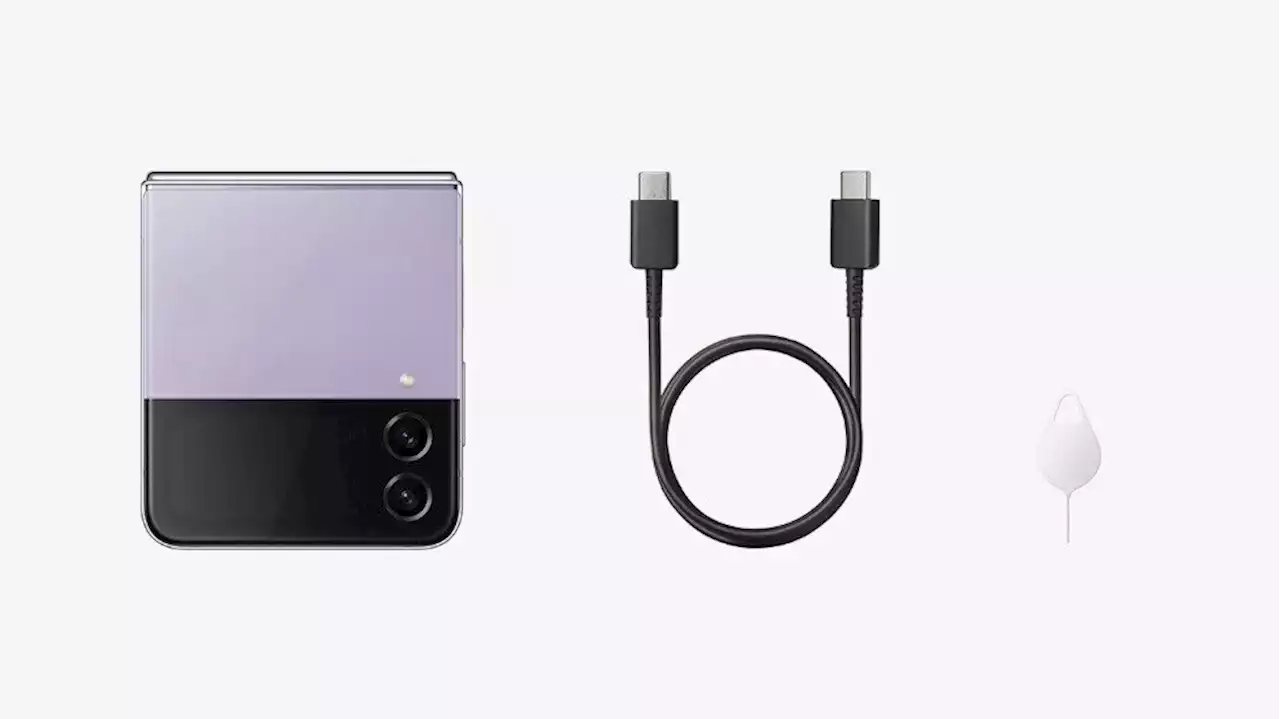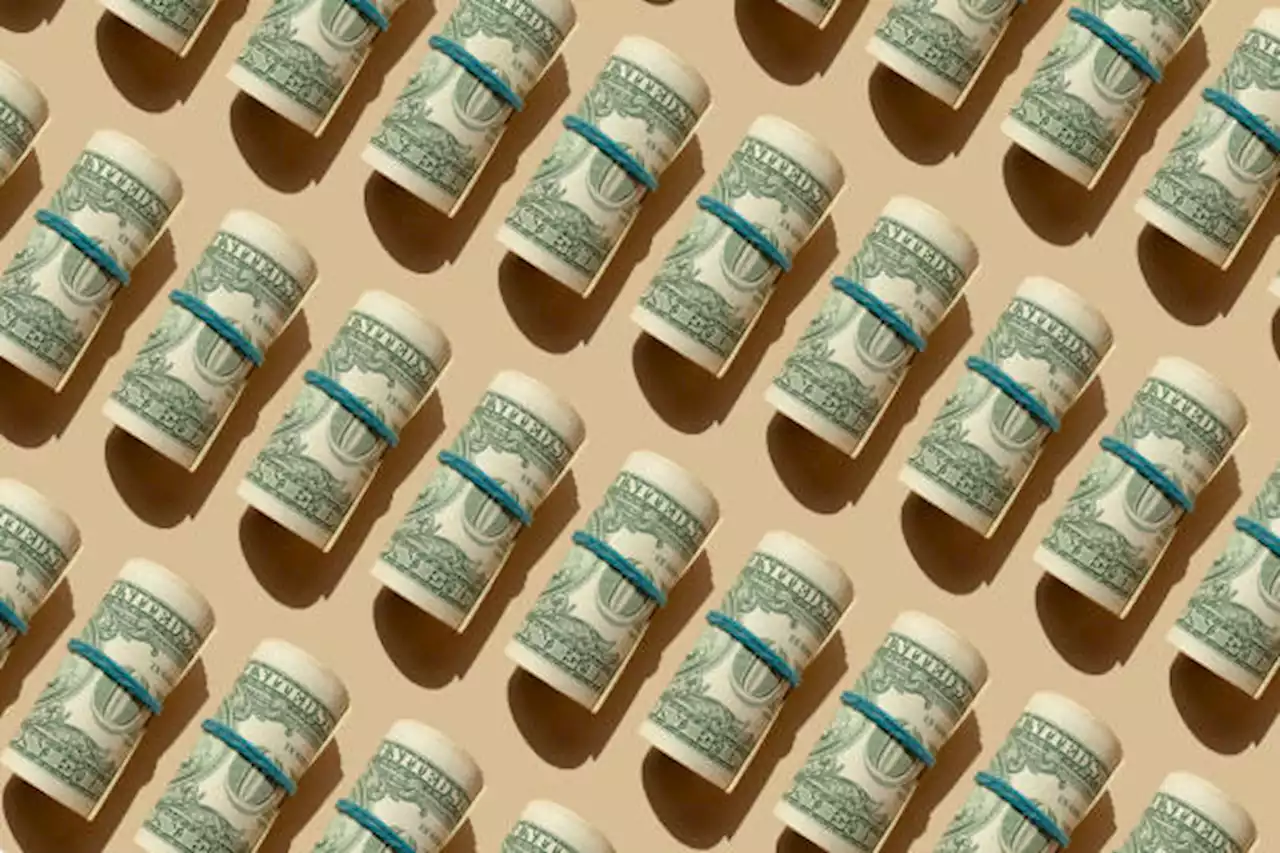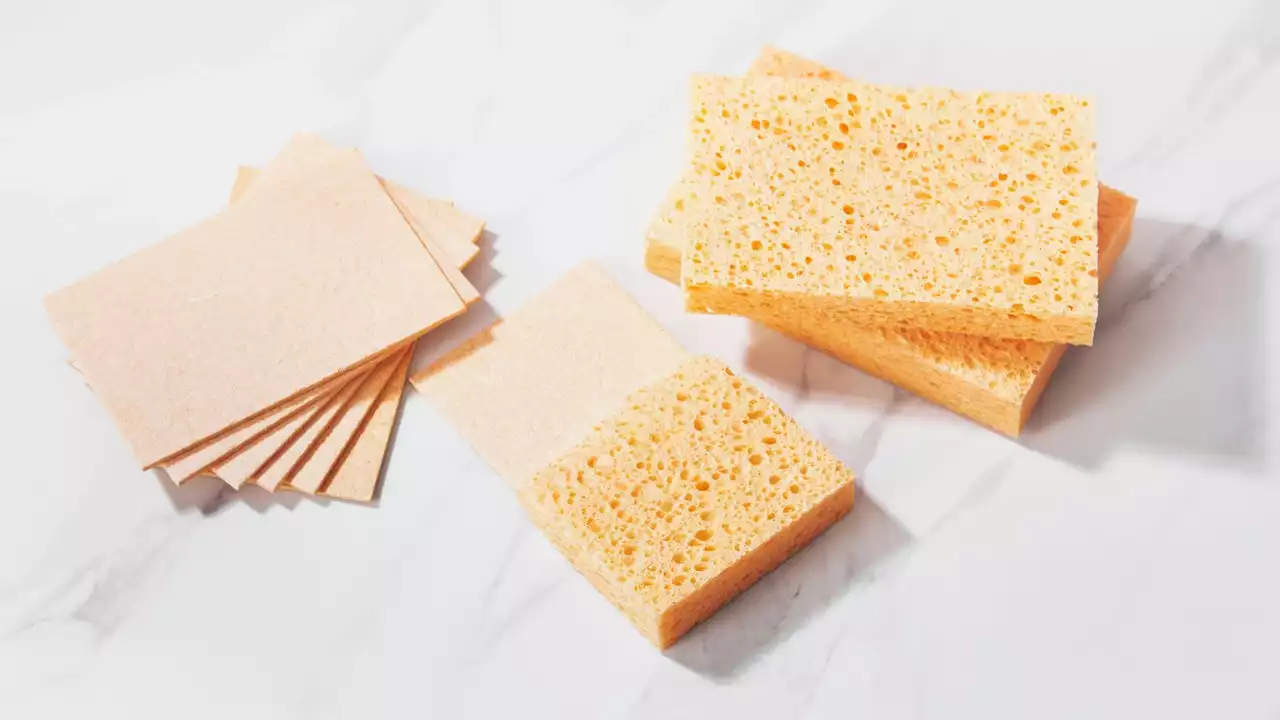Medical bills are the number one cause of bankruptcy in the U.S. Such expenses might be forgivable if people were getting the best care in the world, but the U.S. has the lowest life expectancy and highest chronic disease burden of any wealthy nation.
The pandemic from the beginning should have sparked a revolution over universal health care. Instead, many people have poured their angst and energy into blaming each other for pandemic outcomes, even as government officials continue to systematically deprioritize our survival. The idea of transforming health care may seem pretty far-fetched to some people, in the current political moment, but I want us to take a moment to stretch our imaginations.
All of these problems, including the abandonment of some of the most vulnerable people in our society, that’s all really just kind of part and parcel of our normal political economy of health. And obviously, COVID has accelerated it, and it has made so many clear examples evident, I think, in a kind of temporal space that’s unusual.
And I think we tend to deny the fact that it really sucks, actually, to be told over and over that the thing that you really believe is not just going to help you, but help people you care about in your life and help people you don’t even care about, people you hate, right? Something like a universal policy, that’s the point. It’s for everyone. And I think that the horizon was really choked quite small at that point.
All these public-private hybrid versions of Medicare for All that we saw materialized during the 2020 election cycle, I think these are all reflective of the fact that essentially, the only way to move forward with health care is to be starting to rip these industries that have latched on like leeches, like parasites around the way that we provision health services in the United States. And one by one, we’re going to have to go through.
Because I think ultimately, the way that we’ve seen the symbolic right to abortion as codified in federal law be eroded so much up until the point of this decision, that when“fell,” what it didn’t mark was the kind of watershed moment of abortion suddenly becoming criminalized, but rather, it marked in expansion of what was already being criminalized.
We are living in a moment when the need for universal health care could not be more glaring and immediate. According to, universal health care could have saved more than 338,000 lives in the U.S., from COVID-19 alone, over the course of the pandemic. We have lost over a million people to COVID-19 in this country alone, and more than 300,000 of them would still be here, if health care were structured around keeping us alive, rather than extracting profit from the sick and injured.
And of all of the investment from private finance and venture capital and the consolidation of the hospital industry, what we’ve seen is just this acceleration of the political economy of health being more and more and more oriented towards extraction at every single level. And one by one, we’re going to have to tear these down.
And I think we’ve seen a kind of resurgence in, I would say, the recent decade or so of a kind of approach towards health justice that is looking much more beyond the borders of individual nations.
These are all the things that we say make a healthy “individual.” And what that makes up is a very specific type of person, one that doesn’t include many types of people.
And this is the kind of way that it becomes also a necessary component of capitalism, because if too many of us are too unhealthy, there will not be the kind of body politic that is needed in order to extract from to keep the system running. So it’s a kind of impossibility, right, that we’re told we’re responsible for, and that we’re solely in charge of making sure that we provide and produce, and yet it’s also this kind of system requirement.
Some of the most prominent voices on COVID also say that it’s a kind of personal problem with the American people, as though it’s a problem of individual psychology or whatever. There are simply too many people who lack empathy or who are anti-vax or who are over masks or whatever. And I think that’s just absolutely not the case.
And I think when we’re looking at, whether it’s monkeypox, whether it’s access to COVID therapies, or whether it’s access to workplace accommodations or anything else, these kinds of zero-sum logics where people feel that their needs come at the expense of other people’s needs being met, these are the kind of regimes of artificial scarcity which are really meant to, I think, in a way, I think keep people trapped in this logic of the kind of inevitability of the political economy,...
United States Latest News, United States Headlines
Similar News:You can also read news stories similar to this one that we have collected from other news sources.
 Warehouses Grow in the Desert as Phoenix Logistics Corridor ExpandsDick’s Sporting Goods, REI and online pet-supplies store Chewy are among the retailers taking up space in a new warehouse corridor forming along a desert-lined freeway just outside Phoenix
Warehouses Grow in the Desert as Phoenix Logistics Corridor ExpandsDick’s Sporting Goods, REI and online pet-supplies store Chewy are among the retailers taking up space in a new warehouse corridor forming along a desert-lined freeway just outside Phoenix
Read more »
 Marine general, UTA grad takes over U.S. Africa Command, sees challengesMarine Gen. Michael Langley took over as the top U.S. commander for Africa on Tuesday, heading U.S. military operations on a continent with some of the most...
Marine general, UTA grad takes over U.S. Africa Command, sees challengesMarine Gen. Michael Langley took over as the top U.S. commander for Africa on Tuesday, heading U.S. military operations on a continent with some of the most...
Read more »
 Samsung Galaxy Z Flip 4: What’s in the box?Care to unbox the Samsung Galaxy Z Flip 4 with us? Let us take a look and see what comes in the box.
Samsung Galaxy Z Flip 4: What’s in the box?Care to unbox the Samsung Galaxy Z Flip 4 with us? Let us take a look and see what comes in the box.
Read more »
 US Dollar Forecast: DXY Index, USD/JPY Show Signs of ToppingThe US Dollar (via DXY Index) is falling in the wake of the July US inflation report as US Treasury yields and Fed rate hike odds drop. The DXY Index has lost support at the uptrend from the late-March and late-May swing lows.
US Dollar Forecast: DXY Index, USD/JPY Show Signs of ToppingThe US Dollar (via DXY Index) is falling in the wake of the July US inflation report as US Treasury yields and Fed rate hike odds drop. The DXY Index has lost support at the uptrend from the late-March and late-May swing lows.
Read more »
 Farmers’ Almanac predicting extreme winter forecast for most of USThe Farmers’ Almanac is predicting a frigid winter for most of us here in the U.S., along with brisk temperatures.
Farmers’ Almanac predicting extreme winter forecast for most of USThe Farmers’ Almanac is predicting a frigid winter for most of us here in the U.S., along with brisk temperatures.
Read more »
 Save Cupboard Space With These Expandable, Compostable SpongesThese sponges are made of vegetable cellulose and come compressed, dried, and tightly packed—so a 12-pack of them takes up the space of a single conventional sponge.
Save Cupboard Space With These Expandable, Compostable SpongesThese sponges are made of vegetable cellulose and come compressed, dried, and tightly packed—so a 12-pack of them takes up the space of a single conventional sponge.
Read more »
